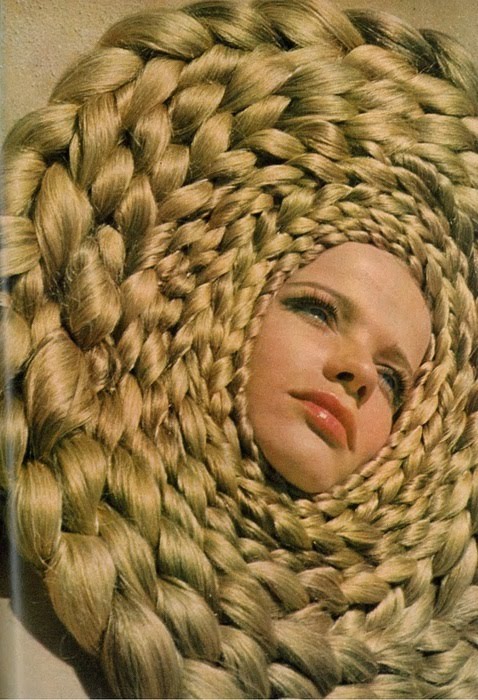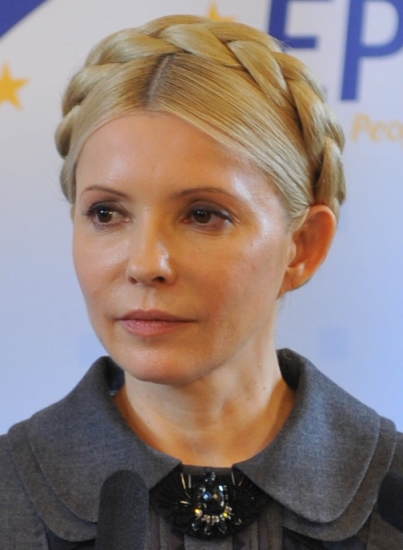Коса
The Russian word Коса means ‘scythe’ or ‘braid’. It declines like so:
| Sg | Pl | |
| Nom | коса | косы |
| Acc | косу | косы |
| Gen | косы | кос |
| Pre | косе | косах |
| Dat | косе | косам |
| Ins | косой | косами |
The word Коса has two very different meanings - 'scythe' and 'braid'. Both have a lot to do with Russian culture. The agricultural tool scythe has been used by Russian peasants centuries ago and is still used today in some villages to mow wheat, grass and anything else that needs to be mowed. When it comes to a braid, it has been known as a traditional Russian female hairstyle for just as long. Russian women would grow their hair out and braid it. The longer the braid, the prettier the hair was considered. I think that it is has been the most popular hairstyle for quite some time because of it's simplicity and practicality.
Here are a few sample sentences:
| Ее коса была такой длинной, что почти касалась пола. | Her braid was so long, that it almost touched the floor. |
| У смерти в руках была коса. | Death had a scythe in its hands. |
| Он косил траву косой. | He was mowing grass with a scythe. |
| У моей подруги две длинные косы. | My girlfriend has two long braids. |
| Косари стояли с косами в руках. | The mowers stood with scythes in their hands. |
As far as braids go, the most famous коса in recent history was the one worn by Юлия Тимошенко, the Ukrainian politician who was at the forefront of the Orange Revolution in Ukraine. Here you can see her picture. She was not just a model of Slavic beauty, but a political force to be reckoned with. I strongly recommend the Wikipedia link to her biography and the discussion of the Orange Revolution.
1 comment
“Коса” is also a word for spit (long, narrow peninsula). Also, in geophysics we use this word for an array of hydrophones, floating behind the seismic surveyor ship.
Form is loading...

